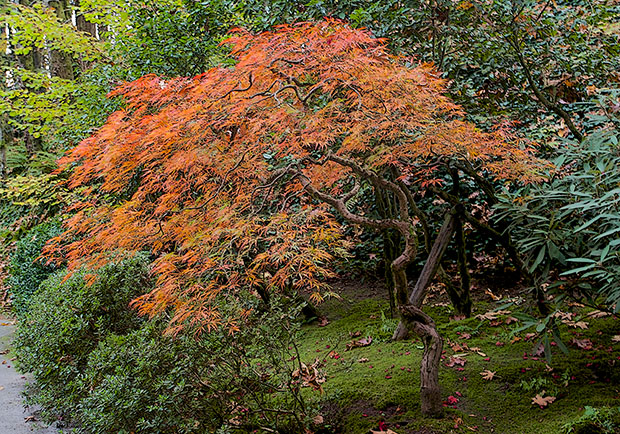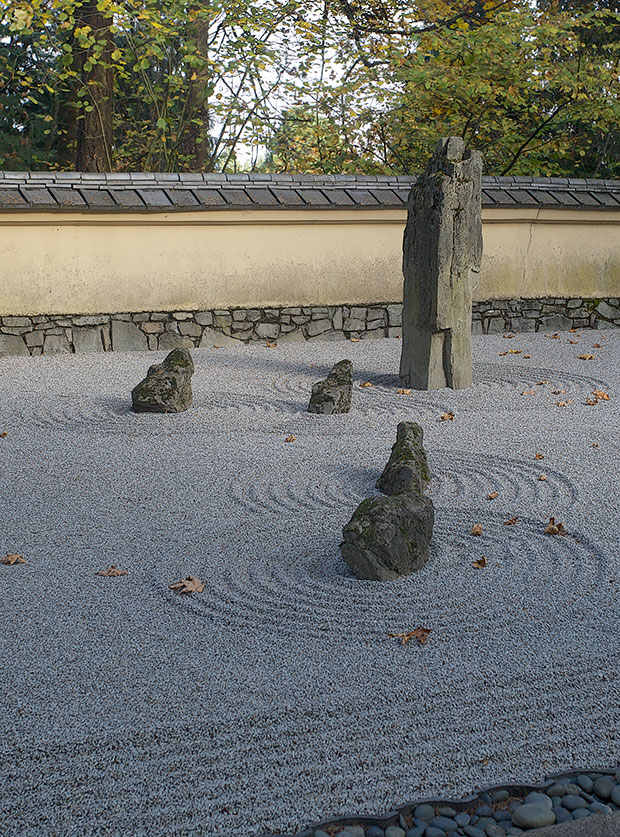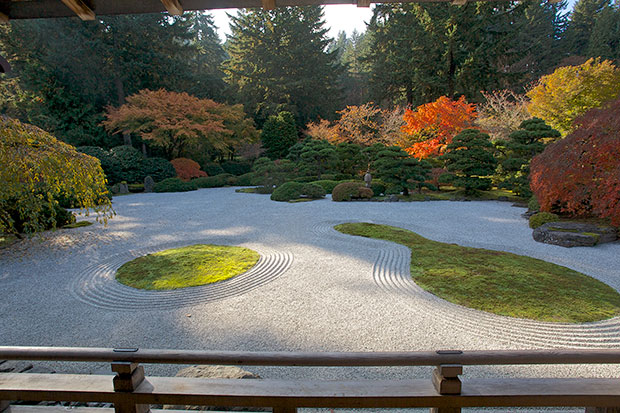I enjoyed reading Merton’s The Seven Storey Mountain. Personally, I would rate it higher than Joyce’s The Portrait of the Artist as a Young Man. It gave me insight to Merton’s life, insight I didn’t get from just reading his poetry and non-fiction. At times it was hard to believe that the Merton portrayed in the beginning chapters could ever become the Merton I knew through his later writings. That said, I might not have gotten through the book if I hadn’t previously read some of Merton’s later works and hadn’t been prepared by this disclaimer
He was happy to replace the doubts and uncertainties of his past with the unquestioned and unquestioning certitude of the Catholic Church of the mid-twentieth century. Confident in his belief that he belonged to the “one true” church, he all too often speaks disparagingly about other Christian churches— mirroring the church’s complacent triumphalism himself. Even fifty years ago this triumphalism proved a problem for some readers of other religions, who sensed the book’s power but were bewildered by its narrow religiosity. One young woman, although obviously moved by her reading, lamented: “Why is he so vituperative about Protestants? Are they that bad?” Readers today will be better able to put this narrowness in historical perspective and thus be less bothered by it.
in the preface. Truthfully, I still had a hard time with several of his statements about other religions; they undermined much of what he had to say. At times he reminded me of one of those people who Eric Hoffer described in The True Believers (a book I discussed years ago) — and that’s definitely not a good thing.
Luckily, I had forgotten most of that by the time I reached the last chapter entitled “America is Discovering the Contemplative Life” where he summarizes what seemed to be his most influential ideas.
But Saint Thomas also comes out flatly with a pronouncement no less uncompromising than the one we read from “Umbratilem.” Vita contemplativa, he remarks, simpliciter est melior quam activa (the contemplative life in itself, by its very nature, is superior to the active life). What is more, he proves it by natural reason in arguments from a pagan philosopher— Aristotle. That is how esoteric the question is! Later on he gives his strongest argument in distinctly Christian terms. The contemplative life directly and immediately occupies itself with the love of God, than which there is no act more perfect or more meritorious. Indeed that love is the root of all merit. When you consider the effect of individual merit upon the vitality of other members of the Mystical Body it is evident that there is nothing sterile about contemplation. On the contrary Saint Thomas’s treatment of it in this question shows that the contemplative life establishes a man in the very heart of all spiritual fecundity.
Though I’m afraid I’m more apt to be convinced by, “that pagan philosopher” Aristotle than by Saint Thomas, contemplation does seem, at the every least, a spiritual act, and is seen as such in nearly every religion I’ve read. No wonder Merton would later find such common ground with the Dalai Lama.
I wish Merton had done more than just briefly outlining the steps in reaching a state of contemplation and defining contemplation,
First comes the active life (practice of virtues, mortification, charity) which prepares us for contemplation. Contemplation means rest, suspension of activity, withdrawal into the mysterious interior solitude in which the soul is absorbed in the immense and fruitful silence of God and learns something of the secret of His perfections less by seeing than by fruitive love.
Yet to stop here would be to fall short of perfection. According to Saint Bernard of Clairvaux it is the comparatively weak soul that arrives at contemplation but does not overflow with a love that must communicate what it knows of God to other men. For all the great Christian mystics without exception, Saint Bernard, Saint Gregory, Saint Theresa, Saint John of the Cross, Blessed John Ruysbroeck, Saint Bonaventure, the peak of the mystical life is a marriage of the soul with God which gives the saints a miraculous power, a smooth and tireless energy in working for God and for souls, which bears fruits in the sanctity of thousands and changes the course of religious and even secular history.
With this in mind, Saint Thomas could not fail to give the highest place to a vocation which, in his eyes, seemed destined to lead men to such a height of contemplation that the soul must overflow and communicate its secrets to the world.
but contemplation as he defines is certainly a tantalizing prospect, tantalizing enough that I added his New Seeds of Contemplation to my Amazon wish list. Is “contemplation” just a different name for “meditation” or are the two traditions different? Interesting, too, that contemplation seems tied so closely to his lifelong ambition to be a writer, one whose “soul must overflow and communicate its secrets to the world.”
I suspect the climax of The Seven Storey Mountain can be found in this passage:
This means, in practice, that there is only one vocation. Whether you teach or live in the cloister or nurse the sick, whether you are in religion or out of it, married or single, no matter who you are or what you are, you are called to the summit of perfection: you are called to a deep interior life perhaps even to mystical prayer, and to pass the fruits of your contemplation on to others. And if you cannot do so by word, then by example. Yet if this sublime fire of infused love burns in your soul, it will inevitably send forth throughout the Church and the world an influence more tremendous than could be estimated by the radius reached by words or by example. Saint John of the Cross writes: “A very little of this pure love is more precious in the sight of God and of greater profit to the Church, even though the soul appear to be doing nothing, than are all other works put together.”
It’s hard to know whether Merton’s main purpose was to convert his readers to Catholicism or to convince them of the importance of Contemplation. I decided to read his book because several people I admired said that they had converted to Catholicism because of it. It obviously didn’t have that effect on me, and I doubt it would have even as a teenager.
On the other hand, as I noted it did enhance my interest in contemplation. Although I’m sorely tempted to download Merton’s New Seeds of Contemplation on my Kindle immediately and begin reading it, I’m going to avoid that because I need to finish writing up some of my ideas on other books I’ve recently finished before I forget them entirely. One of the ways I’ve avoided writing lately is by picking up a new book and reading it instead. Maybe I’m just saving my brain for the many “brain games” I’ve been playing lately.





